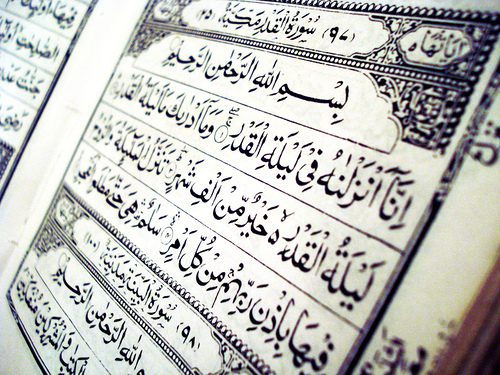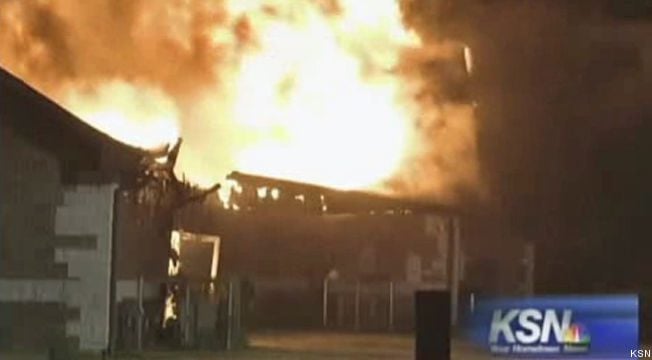
Once again, the apex of Ramadan is upon us – the Night of Power, Laylatul Qadr. The Holy Qur’an describes this night in just five verses –
We have indeed revealed this (Message) in the Night of Power; And what will explain to thee what the night of Power is? The Night of Power is better than a thousand months. Therein come down the angels and the Spirit by Allah’s permission, on every errand of Peace. This until the rise of morn!
We who are not angels strive on this night to transcend our flawed condition of humanity and aspire to the true potential of our human spirit, by immersing ourselves in ibadat the entire night – indeed, until the rise of the morn, when we stumble home or to work utterly depleted physically, but utterly replenished spiritually.
The logistics of preparing for the night are numerous. We buy new toys and coloring books for the kids, and make a snack run at the grocery so everyone in the family has a little bag of goodies to munch on all night long (and for once, any craving for particular candies are indulged, regardless of nutritional merit). By tradition, new clothes are bought in advance for the night, colorful ridahs for the ladies and white parahun (a kind of kurta that reaches the ankles, and with cloth buttons) and gold-threaded white topis (cap) for the men. The clothes are specially washed (made namazi), starched (for the men) and imbued with bukhoor (incense). During the day, everyone takes a nap in the late afternoon to ensure adequate rest. Prior to departing for masjid, adults and older children each perform ghusul (bathing) for maximum cleanliness and readiness for spiritual elevation.
Arriving at the masjid, rows of folded masallahs are already in place, and with space constraints it is not uncommon for two or even three people to share. Maghrib prayers are offered, and the fast is broken with iftaar and a communal meal. After that, for a few hours there is a downtime in which many people return home to change clothing, whereas others (especially those who have traveled a longer distance) simply stay at the masjid and recite Qur’an. As the time of Isha namaz approaches the masjid gradually fills and fills until a half hour before, the masjid is teeming with people and their sociable chatter, while na’at (poetic verse in praise of the Prophet SAW) is recited aloud. Then, the imam arrives for Isha and the night begins in earnest.
Between Isha and nisf al-layl (the midnight prayer), there are numerous dua offered on behalf of the various Ahlul Bayt and other luminaries, notably including Fatema Zahra AS, the daughter of the Prophet, Ali ibn Talib AS, and of course the Prophet SAW himself. For example, there are beautiful dua that were written centuries ago by Ali Zayn al-Abedin (SA), son of Imam Husain who was martyred at Karbala. Afterwards, various other prayers are also performed, such as the tahajjud. There is also a recitation of munajaat, an intimate poetic conversation with Allah written anew each year by the Dai ul Mutlaq of the community, Syedna Mohammed Burhanuddin TUS.
The night concludes with the shafa, witr and julus prayers, and then the devout break ranks to eat the pre-fast meal (suhoor) and then go home – and collapse into bed for whatever rest they can scrounge until the demands of work or school the next day.
After this night passes, the closing of Ramadan is palpable. We must marshal our energies not only for the intense ibadat of Laylatul Qadr itself, but also for the remaining week of Shehrullah that comes after it, because time is truly precious and this holy month is fast slipping from our grasp. After all, the days are long, but the month is short – and after Laylatul Qadr comes, there is so very little time left indeed.

